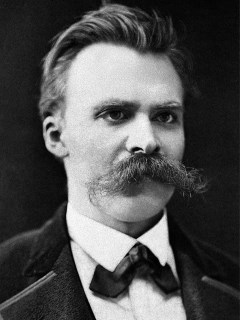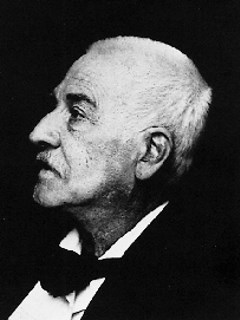

Roger J. Boscovich and Friedrich Nietzsche
a re-examination
pp. 187-201
in: Babette Babich (ed), Nietzsche, epistemology, and philosophy of science II, Berlin, Springer, 1999Abstract
Though almost entirely overlooked, the influence of Roger Joseph Boscovich1 on Friedrich Nietzsche's thought began early in Nietzsche's years at Basel and lasted until his mental eclipse in early 1889. One would certainly include Arthur Schopenhauer, Richard Wagner, Johann Wolfgang Goethe, Jean-Jacques Rousseau, Michel de Montaigne, Jacob Burckhardt, Benedict de Spinoza, David Friedrich Strauss, Blaise Pascal, and the French moral psychologist Paul Rée among those most often named as dominant figures in Friedrich Nietzsche's intellectual development: Roger Joseph Boscovich plays a role of comparable importance to any of them, however, for his theory of natural philosophy supplies the basis for Nietzsche's theory of the will to power. Nietzsche's interest in Roger Joseph Boscovich survived the eventful Basel years, even as the former overcame strong influences from Wagner, Schopenhauer and others. Soon Nietzsche discovered another "predecessor," Benedict de Spinoza. Thus, over the years, Boscovich and Spinoza became increasingly important to Nietzsche as intellectual forerunners.







